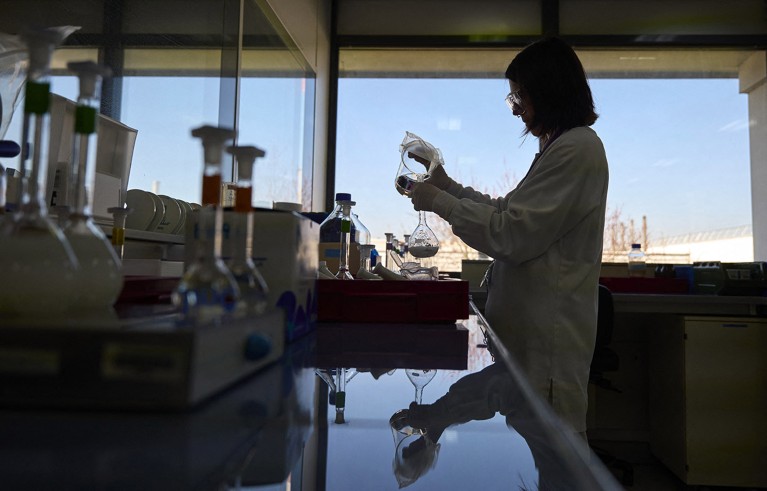Is academic research becoming too competitive? Nature examines the data
Summary
Nature reports that competition for major European research grants has surged in 2025, pushing success rates for several flagship schemes into single digits and leaving many researchers — particularly early-career scientists — struggling to secure funding. Applications for the 2025 Marie Skłodowska-Curie Actions (MSCA) postdoctoral fellowships topped 17,000, a near 65% increase on 2024, while the MSCA budget of €404.3 million is expected to fund around 1,650 projects, dropping the success rate to below 10% (from ~17% last year).
The European Research Council (ERC) saw similar rises: Starting Grants applications are up ~13% on 2024 with an expected funding rate of 12% (down from 14%), and Advanced Grants applications rose 31% versus 2024 (82% versus 2023) with an estimated funding rate of 8% (down from 11%). National funders report comparable trends: the DFG saw a ~20% rise in early-career grant applications (Jan–Aug), the Alexander von Humboldt Foundation has 20%+ more postdoc applications (driven largely by India and China), and UKRI applications have almost doubled since 2017–18 while success rates fell from 36% to 19% in 2024–25.
Officials highlight demand for fundamental research but stress budgets haven’t increased at the same pace. Reasons for the application spike are not definitive: international shifts (US budget uncertainty), researchers returning to Europe, and cross-border eligibility may all play roles. Scientists report a morale hit — hard work no longer guarantees success when numbers dominate outcomes.
Key Points
- MSCA 2025 postdoctoral fellowship applications exceeded 17,000 — ~65% up on 2024; expected success rate below 10% against a €404.3M budget.
- ERC Starting Grants applications rose ~13% with an expected funding rate of 12% (down from 14%); Advanced Grants saw applications jump, with expected funding around 8%.
- National funders (DFG, Alexander von Humboldt Foundation, UKRI) report substantial increases in applications; UKRI success rates nearly halved since 2017–18.
- Increased demand partly driven by international applicants and movement of researchers across regions; precise causes remain uncertain.
- Researchers — especially early-career — report stress and demotivation because success increasingly depends on numbers and luck, not just merit.
Author note
Punchy: This is more than a stats story — it’s a warning sign for the research ecosystem. If you train, hire or fund researchers, the numbers here matter for careers, lab planning and policy.
Why should I read this?
Short and blunt: if you work in academia (or recruit or fund it), this explains why hiring, retention and career paths are getting messier. It shows where the squeeze is happening, who’s most exposed, and why morale and mobility are shifting. Saves you time — read this to spot the trend without sifting through lots of grant reports.

